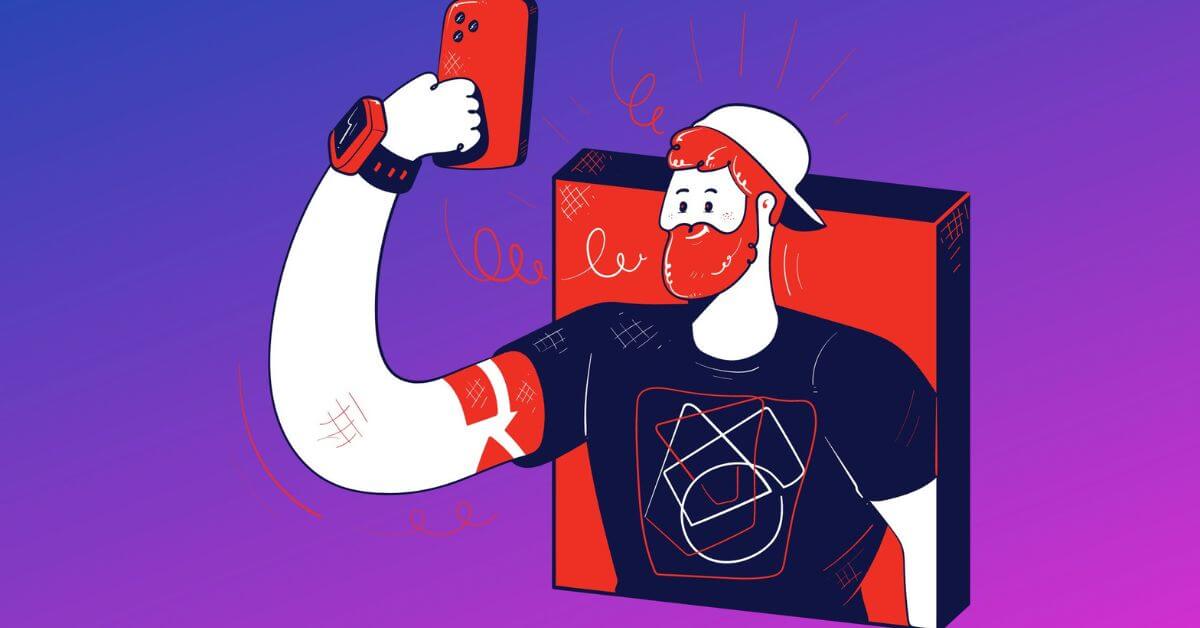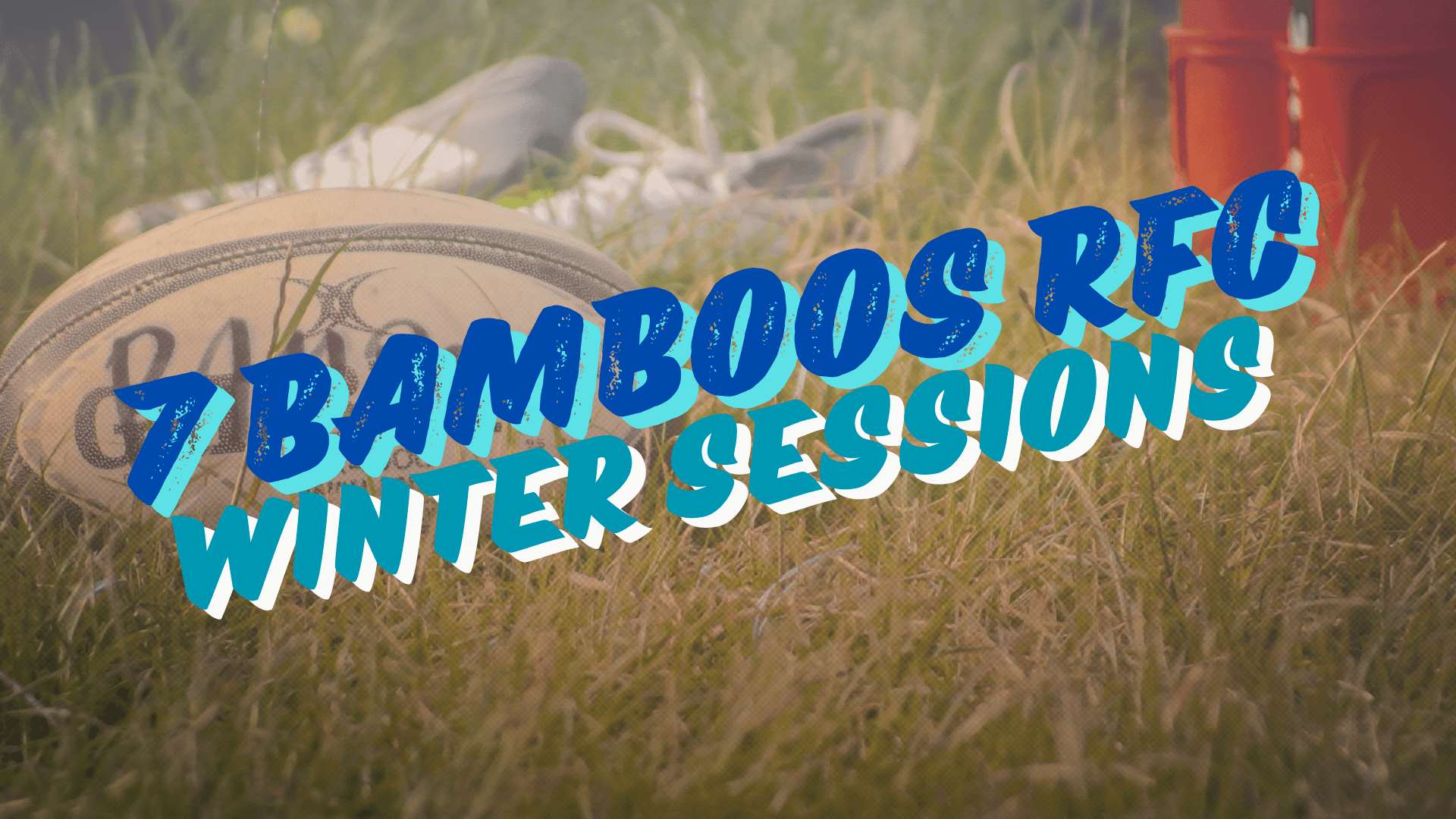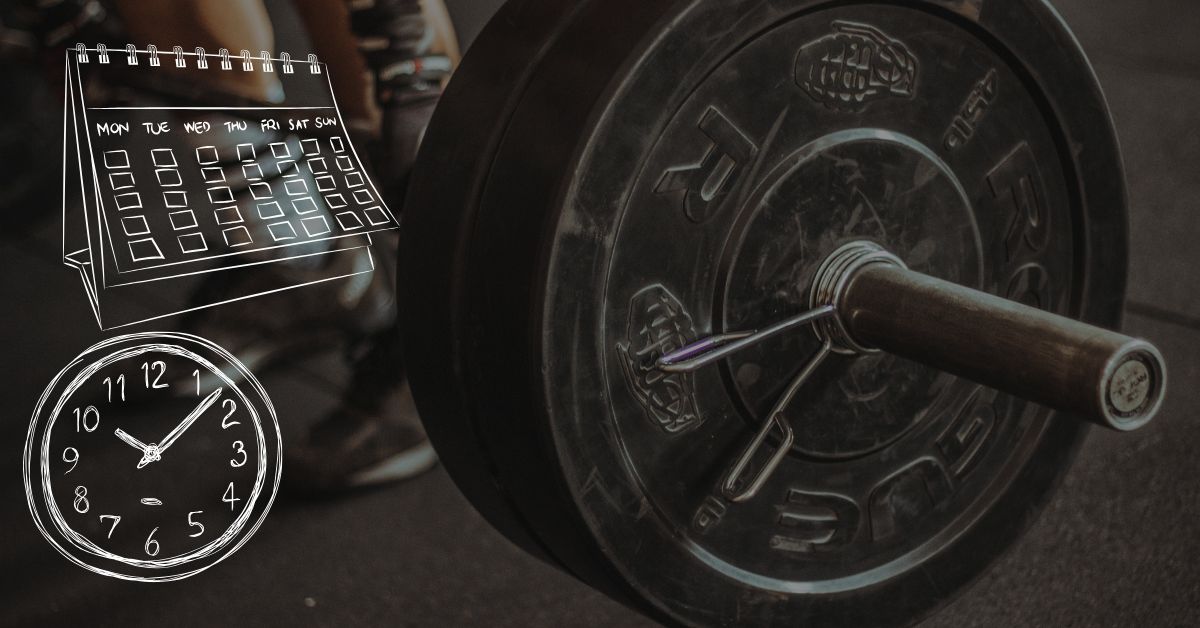Get ready to kick off winter with 7 Bamboos RFC!…

How to brand yourself as an athlete (for pros and amateurs)
The good news first: Becoming a successful personal brand nowadays is easier than ever.
Today, anyone with internet access can create an Instagram account and a website in no time, setting the stage for potentially millions of people to see your skills and talents.
The bad news: Reaching a significant audience and increasing market value is difficult in an overcrowded, busy market where people are fighting for every ounce of attention.
But don’t stop reading here:
Regardless of where you are on your journey and what level you compete at, we will guide you through the process of becoming a successful brand, whether you are an amateur or an experienced professional.
Ready? Let’s do this!
To begin with let’s talk about the basics.
What is personal branding?
As opposed to focusing on products or companies, personal branding emphasises the individual. A personal brand is always intentional. It is how you want people to see you. Your personal brand is about visibility and the values that you outwardly represent. Your personal brand is how you promote yourself. It allows you to look at yourself from different perspectives.
A Brand is a reputation!
Interestingly people often confuse products with brands however those two are different things. With a brand, everyone has a slightly different idea about what it is. That is okay if you are within an audience that is interested in your brand. And don’t forget eventually the brand is what happens in people’s heads once it’s out there.
You need to keep in mind that every individual can perceive, hear, and feel things differently. In a nutshell personal branding represents who you are and what you offer to your audience.
Why is branding important for athletes?
By building a personal brand in the right way, you can reach a broad audience, increase your market value, and differentiate yourself from your competitors.
A successful branding strategy does more than drive self-promotion. With a significant platform size, you can sell your own merchandise, share your insights, or run a YouTube channel displaying your talents. Personal branding allows you to highlight your skills and interests, and it helps people get to know you better. Your ability to stand out from the crowd makes you memorable.
This is immensely important when it comes to sponsorship. For sponsorship funding to be generated, it is necessary to have a large platform that stands out from the competition.
In addition, the sponsor is looking for brand alignment, so if the company that intends to support you, in a financial way or any other form, sees similar values in you, it is a win-win situation.
Now that we know what personal branding is and why it is important, let’s look at the nitty-gritty details and consider what the next steps are to becoming a brand.
How to build a successful personal brand?
The first step is to get a clear picture of who you actually are, what you represent and who your target audience is.
Targeting the right audience is key for sports-related brands. It doesn’t make sense to share content with someone who loves ballet if you are a 20-year-old rugby player. Rather, you should connect with an audience that is engaged with what you do.
Be authentic and human when branding yourself – personal branding requires a lot of human interaction.
Be where the market is!
The absolute key to building an audience is to reach those platforms where the target market spends their time so you can engage and represent yourself. It’s worth spending a good amount of time analysing which platforms (i.e. Instagram, Twitter or Facebook) your target audience is spending the most time on.
A word of wisdom: Once, a youth coach told me that you should use Instagram to reach your players, Facebook for parents, and Twitter for fellow coaches.
Once you figured this out study your competitors and start building your own individual branding. The key here is “individual”, don’t be a copycat. You want to stand out from the competitors, so you need to find your very own way of branding.
In your market, you should also consider potential sponsors, coaches, and other decision-makers that can help you find the next big contract in a professional team.
Consistency is king
No matter if you represent yourself, a product, or a company, when it comes to branding consistency is everything.
This way people start recognising you when you appear across several channels. Whether this is your website, social accounts, or merchandise.
Ensure you are consistent with your colors, logos, and fonts. The easiest solution to build a portfolio and design essentially anything offers Canva Pro. Canva Pro allows you access to some amazing premium features such as access to a huge photo, element, video, and audio library. Create, edit, and save premium videos for any platform and social scheduling, the social media tool that gets you seen.
Think about your actions!
Act like the person you consider yourself to be! But what does that mean? Essentially it means to be authentic and don’t try to be someone you are not. It’s easy to spot a fake. Every human is in some way or another unique. Think about what stands out about you.
Is it your speed, your strength, maybe the way you can read the game like no other? And how do you treat your teammates? What sort of attitude do you have towards training and development?
Or is it your sense of humor and your ability to attract others?
Here it helps to speak to people who know you well: Friends, family members or coaches. Ask them what they think describes best your character. These are things that define you and that you can showcase and use to inspire your fellowship.
There are so many features about you, that can all define the success of your personal brand. It’s not just characteristics but also your appearance.
What you wear, your body language, and the way you behave in public in general. Your online presence should reflect who you are as a person.
Conclusion
Becoming a successful and recognisable personal brand isn’t easy and requires a lot of hard work. But with the right strategy and mindset, you have the opportunity to build a large fellowship and become an inspiration to many other sportspeople.
Think about who you really are and what you represent, then go back to the drawing board and figure out your ideal audience.
Once you found them be consistence and exciting in your appearance. Use tools such as Canva Pro to build a breathtaking online presence.
Finally, never forget to be authentic, just be yourself and become the best version of yourself. Give us a shout if you are seeking more help with becoming a successful personal brand.
#personalbrand #canva #success #socialmedia #authenticathletes #thebestyou










